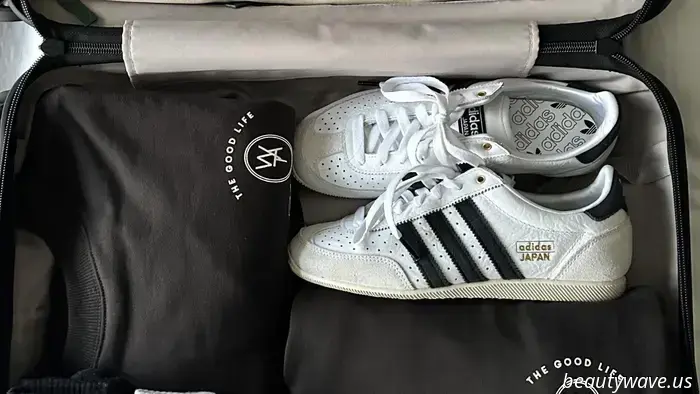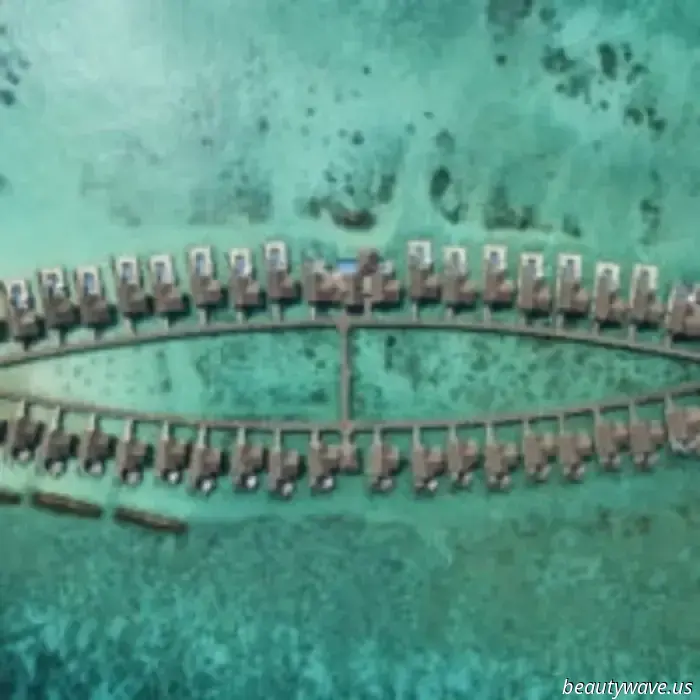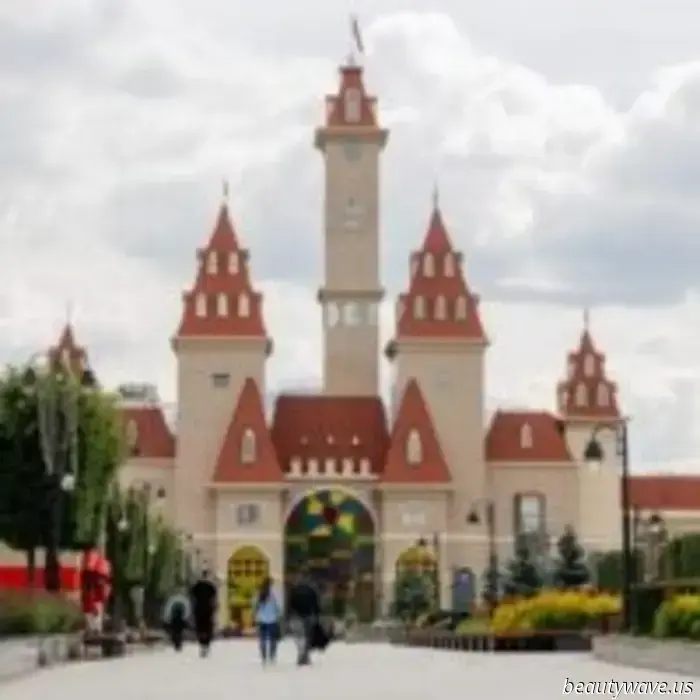
5 steps to return from vacation feeling refreshed, not drained.
September is near, which means not only school assemblies and getting ready for school, but also a return to the usual work rhythm. However, according to Superjob, only 39% of Russians do not experience stress after their vacation. The rest return "from paradise to reality" with irritation, apathy, guilt, and exhaustion.
Why does this happen — and how can you make your vacation a real reboot? We look into it with time-management expert and mother of 17 children, Valentina Krasnikova.
Vacation is not a holiday, it’s a strategy
One of the main mistakes, according to Valentina, is treating a vacation as a gift of fate. As if it’s given — take it, regardless of the condition you leave in or what awaits you on return. Meanwhile, rest is not "adult holidays," but a strategic part of life that requires planning.
It’s important to understand in advance: which need should the vacation meet? Lack of sleep? Then you don’t need to climb Everest, you need a sun lounger by the sea. Emotional burnout? Then partying with friends in Turkey is not for you; you need a weekend alone. Chronic fatigue? Then the main thing is delegating at least one responsibility (for example, cooking), not changing the climate.
Rest can be at home — but it should be about resting, not about "finally doing renovations." Even if it’s just a week when you don’t cook or stand at the stove, but instead sleep and go for walks — that’s already a big deal.
Returning is also part of the plan
Statistics show every third Russian returns home 1–2 days before the end of their vacation. And this, according to Valentina, is the minimum. Especially for parents: school uniforms, vaccinations, packing, adaptation. This period is particularly important for women — we carry a higher emotional load.
The return should be gentle: one day for household chores, one for adapting to the routine. Set aside time to organize life so you don’t come back to chaos. This is also self-care — and care for others.
Don’t build illusions — build routes
A lot of stress comes from illusions: "I’ll rest now and become a different person." But if you’ve been sleeping five hours a night for years, a week of vacation won’t restore your resources. And if you drive across the country to the sea in your own car with five children, that’s not a rest but a forced march.
Not all vacations are for everyone. Valentina recalls: when they had 13 small children and no money, they chose staycations — but with targeted care. "I simply didn’t cook for a month — and that was the best vacation," she says.
Rest doesn’t have to be pretty to be real. It has to be purposeful.
Who rests best?
Interestingly, people over 45 are least susceptible to post-vacation stress. It’s not that they no longer want anything, but because they already understand what they need. Illusions are gone, replaced by honesty with themselves.
They know: on vacation you shouldn’t try to impress, you should recover. Don’t hoard emotions, replenish your resources. And most importantly — return from there alive and whole, not arguing, not fighting, and not taking out loans for photos with palm trees.
A few practical tips:
Plan your return from vacation in advance. Include 1–3 days for adaptation in your plan.Identify the main goal of the vacation. Choose one resource you want to replenish.Don’t take unrealistic expectations into vacation. This isn’t a fairy tale, it’s part of life.Don’t destroy yourself for the sake of a vacation. Financing a holiday with debt is not self-care, it’s stress.Alternate activities. One day — a sightseeing tour, the next — lazing on the beach, the third — dinner with your husband. Balance is the key to rebooting.
Vacation is not an escape. It’s your chance to meet yourself, give yourself a breather, hear what you want. And if you learn to rest properly — returning to the office will not be a stress, but a continuation of the life you live. Real, honest, and — happy.

Other articles
 Having this haircare brand in your shower is the ultimate indicator of prestige—here are 7 products I use and assess.
Directly from a beauty editor.
Having this haircare brand in your shower is the ultimate indicator of prestige—here are 7 products I use and assess.
Directly from a beauty editor.
 I would bet on it—this Adidas trainer trend is set to take the top position from Samba.
I sense a compromise.
I would bet on it—this Adidas trainer trend is set to take the top position from Samba.
I sense a compromise.
 Sirru Fen Fushi invites you to a Pilates retreat with Anastasia Yatsenko, September 19–21.
Maldivian five‑star resort SirruFenFushi – Private Lagoon Resort, located on a picturesque island in the Shaviyani Atoll and part of the prestigious The Leading Hotels of the World collection, announces an exclusive three‑day wellness retreat, Pilates Escape, at SirruFenFushi. The creator and host of the program will be Anastasia Yatsenko — artistic director of a professional contemporary dance company, teacher, choreographer, Honored Artist of Russia and a former ballerina of the Bolshoi Theatre. From September 19 to 21, the resort’s guests will be treated to a unique journey toward harmony of body and mind. Anastasia…
Sirru Fen Fushi invites you to a Pilates retreat with Anastasia Yatsenko, September 19–21.
Maldivian five‑star resort SirruFenFushi – Private Lagoon Resort, located on a picturesque island in the Shaviyani Atoll and part of the prestigious The Leading Hotels of the World collection, announces an exclusive three‑day wellness retreat, Pilates Escape, at SirruFenFushi. The creator and host of the program will be Anastasia Yatsenko — artistic director of a professional contemporary dance company, teacher, choreographer, Honored Artist of Russia and a former ballerina of the Bolshoi Theatre. From September 19 to 21, the resort’s guests will be treated to a unique journey toward harmony of body and mind. Anastasia…
 Deeply Stylish, Classic, and Waterproof—It's No Surprise This Toteme Jacket Sells Out Each Fall.
It is now available again.
Deeply Stylish, Classic, and Waterproof—It's No Surprise This Toteme Jacket Sells Out Each Fall.
It is now available again.
 The trendiest individuals I know are choosing this easy-to-care-for fringe for the fall season.
Girls, avert your eyes.
The trendiest individuals I know are choosing this easy-to-care-for fringe for the fall season.
Girls, avert your eyes.
 Dream Island has prepared a festive program for Knowledge Day.
On September 1, "Island of Dreams" will be transformed into a space of inspiration, joy, and bright ideas! A special program has been prepared for guests that will make the start of the school year a true celebration. Visitors can look forward to creative workshops: you'll create a 'Magic House' organizer from felt and cardboard, a desk pencil case with decorative elements, or a poster for your desk — a bright canvas that will become your personal talisman…
Dream Island has prepared a festive program for Knowledge Day.
On September 1, "Island of Dreams" will be transformed into a space of inspiration, joy, and bright ideas! A special program has been prepared for guests that will make the start of the school year a true celebration. Visitors can look forward to creative workshops: you'll create a 'Magic House' organizer from felt and cardboard, a desk pencil case with decorative elements, or a poster for your desk — a bright canvas that will become your personal talisman…
5 steps to return from vacation feeling refreshed, not drained.
September is near, which means not only school assemblies and back-to-school preparations, but also a return to the usual work routine. Yet, according to Superjob, only 39% of Russians do not experience stress after their vacation. The rest return "from paradise to reality" feeling irritated, apathetic, guilty and worn out. Why does this happen — and how can we make it so that...
